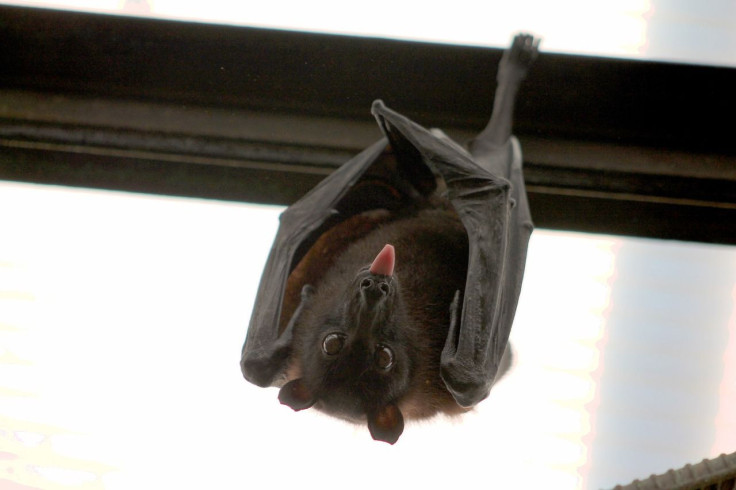Almost 200 Guests Potentially Exposed To Rabid Bat At Nebraska Zoo Campout
KEY POINTS
- The guests were a part of the facility's overnight campout events
- Daytime guests don't need to be concerned because bats are nocturnal
- The zoo has moved the camping activities elsewhere
People who were potentially exposed to a rabid bat while spending the night at a zoo in Nebraska are now being advised to get rabies shots.
In a statement that was released Friday, Omaha's Henry Doorly Zoo and Aquarium noted that it has recommended 186 campers as well as some of its staff members to get rabies shots because of possible exposure to a rabid, wild bat, reported AP News.
According to the zoo, a camper reported to the camp leader on July 4 that she had woken up to find a wild bat flying around her head. The camper reportedly did not get scratches or bites, but zoo workers ended up collecting seven wild bats inside the Scott Aquarium, where several overnight campouts were held.
The Douglas County Health Department was notified of the possible exposure and the bats were sent to the University of Nebraska-Lincoln's Veterinary Diagnostic Center for testing. This revealed that one of the bats was positive for rabies.
As such, the youth and adult guests at the overnight camp events on June 29-30 and July 2-3 were informed of the possible exposure and recommended to get rabies shots. They were also offered refunds and given information on how to get post-exposure prophylaxis (PEP). This is based on the Centers for Disease Control and Prevention's (CDC) recommendation that anyone who is not completely conscious while in the presence of a wild bat should get the PEP in case they had contact with the creature, KMTV said in a report.
"Postexposure prophylaxis can be considered for persons who were in the same room as a bat and who might be unaware that a bite or direct contact had occurred (e.g., a sleeping person awakens to find a bat in the room or an adult witnesses a bat in the room with a previously unattended child, mentally disabled person, or intoxicated person) and rabies cannot be ruled out by testing the bat," the CDC noted.
The zoo clarified that the guests who visited the zoo during the day don't need to worry because bats are nocturnal, and are, therefore, only active at night. It has also moved the camping activities elsewhere, adding that zoo staff did not find evidence of "long-term roosting" at the aquarium.
The zoo also explained that the bats, which were identified to be "little brown bats," were wild ones and not a part of the zoo's "collection." Noting that such bats are "common" in Nebraska, the facility's Animal Health Director, Dr. Sarah Woodhouse, cautioned against getting in contact with the creatures.
"It is not unusual for a wild bat to be infected with rabies, which is why you should never directly touch a wild bat," Woodhouse said as per AP News.
Those who have questions about coming in contact with a wild bat are being advised to contact the Nebraska Humane Society, which responds to wildlife calls about animals that appear sick or injured.

© Copyright IBTimes 2025. All rights reserved.






















